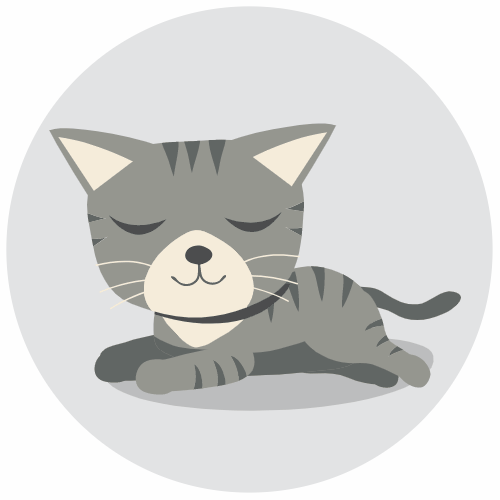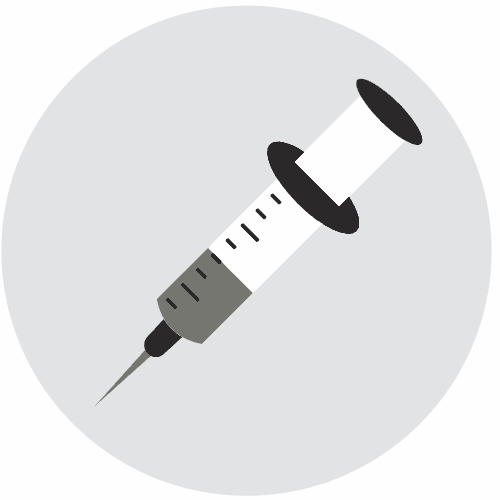If you’ve recently welcomed a new puppy or kitten to your family, the team at Potomac Animal Wellness Services wants to meet them! We provide puppy and kitten care consisting of three initial exams to help manage your companion’s development and help them to live a happier, healthier life with you.
Have questions about your new pet’s care? Call PAWS today to schedule an appointment!
Your Pet’s First Series of Exams
The PAWS team is here to provide the best possible care for puppies and kittens in Indian Head, MD, through a series of three exams occurring 3-4 weeks apart. During these exams, your veterinarian will perform a physical exam to assess your pet’s growth, provide appropriate puppy and kitten shots, and answer questions about your pet’s care.
First Exam
Most dogs and cats have their first exam with us around 8 weeks old, however if your puppy or kitten is younger than 1 year, it is still considered their first exam. We will establish a baseline of care and administer the following vaccines:
Kittens
- FVRCP (Feline Viral Rhinotrachetitis, Calici virus, Panleukopenia) #1
- Deworming #1
Puppies
- DA2PP (Distemper, Adenovirus, Parvovirus and Parainfluenza)
- Deworming
Second Exam
The subsequent exam will occur when your pet is about 12 weeks old. This enables your veterinarian to evaluate your pet’s growth since their first appointment. In addition, they will receive a second round of kitten and puppy shots:
Kittens
- FVRCP (Feline Viral Rhinotrachetitis, Calici virus, Panleukopenia)
- Deworming
Puppies
- DA2PP (Distemper, Adenovirus, Parvovirus and Parainfluenza)
- Lepto
- Bordetella
- Final Deworming
Third Exam
The final exam in the initial series takes place when your pet is about 16 weeks old. Your veterinarian will do a final assessment of your puppy or kitten’s health and complete their vaccinations. We can also help you understand what to expect as your pet grows into an adult dog or cat.
Kittens
- FVRCP (Feline Viral Rhinotrachetitis, Calici virus, Panleukopenia)
- FeLV (Feline Leukemia Virus)
- Rabies
Puppies
- DA2PP (Distemper, Adenovirus, Parvovirus and Parainfluenza)
- Lepto
- Bordetella
- Rabies

When Should I Spay or Neuter My Pet?
During your puppy or kitten’s third exam, your veterinarian can recommend when they should be spayed or neutered based on age and breed.
HOW DO I SET A POTTY TRAINING SCHEDULE?
- First thing in the morning
- Last thing at night
- After spending time in a crate
- Upon waking up from a nap
- After eating or drinking
- Time between potty brakes
should be no more than 2-4 hours
HOW DO I CRATE TRAIN MY PUPPY?
- Dogs like clean “home” areas and are less likely to have accidents
- Place crate near exterior door for quick relief
- The crate should be big enough for your puppy to stand up, turn around, and lay down
WHEN SHOULD I REINFORCE GOOD BEHAVIOR?
- Don’t scold your puppy for having an accident
- Praise them for doing the right thing
- Reward them with treats, pats, and attention
How do I get my puppy to stop bad behavior?
WHAT CAN MY PUPPY CHEW ON?
- Chewing is a calming mechanism for puppies
- Keep chewing toys around the house; when they start to chew on toys instead of household objects, give them praise
HOW DO I STOP MY PUPPY FROM BARKING?
- Scolding your puppy when they bark can make it worse; instead, ignore barking and praise quiet
- Training your dog to sit helps them fight impulsive barking when they want something
HOW DO I STOP MY PUPPY FROM BEGGING AT THE TABLE?
- Feed them first before you eat
- Create a cozy “go-to” spot near the table where they can be comfortable
- Praise them with treats when they don’t beg
How do I feed my puppy?
HOW OFTEN DO I FEED MY PUPPY?
- 6-12 weeks: 4x a day
- 3-6 months: 3x a day
- 6-12 months: 2x a day
- After a year: 2 half portions a day
- Watch your puppy to gauge if they are eating healthy
WHAT FOOD SHOULD I FEED MY PUPPY?
- Look for AAFCO guidelines
- Look for age and health specific formulas
- Ask your vet for tailored recommendations
WHAT ARE HARMFUL FOODS FOR PUPPIES?
Dairy, chocolate, grapes, and sugary foods, snacks, or desserts
WHAT THINGS SHOULD I BUY FOR A KITTEN?
- Scratch posts (helps preserve furniture!)
- Litter boxes, cat carriers, and food and water bowls
- Stain and odor remover
WHAT SHOULD I MOVE OUT OF THE WAY?
- Toxic plants
- Cleaners and sprays
- Any dog food that might be in the house
HOW CAN MY CAT BE COMFORTABLE?
- Bed and blanket
- Small, cozy space
- Grooming supplies
- Pheromone products
How should I play with my kitten?
HOW DO I PLAY SAFELY WITH MY KITTEN?
- Use balls, jingles, anything on a string, and cotton chew toys
- Avoid “play” with your hands to avoid injury when full grown
WHAT ARE THE BENEFITS OF PLAYING WITH YOUR KITTEN?
- Strengthens your bond with your kitten
- Allows them to release energy that could lead to damage
- Builds trust and comfort for them within a new home
HOW OFTEN SHOULD I PLAY WITH MY KITTEN?
- 20+ minutes of play per day
- Set aside at least two times a day preferably early in the morning and late at night
HOW DO I FEED A KITTEN?
HOW OFTEN SHOULD I FEED MY KITTEN?
- Dry food only: leave available at all times
- Wet food only: feed at least four times a day
- Combo: feed wet food twice a day and leave dry food available
WHAT SHOULD I FEED MY KITTEN?
- Look for AAFCO guidelines
- Look for age and health specific formulas
- Ask your vet for tailored recommendations
WHAT ARE HARMFUL FOODS FOR KITTENS?
- Raw meats, eggs, raw fish
- Grapes, chocolate, and dairy





